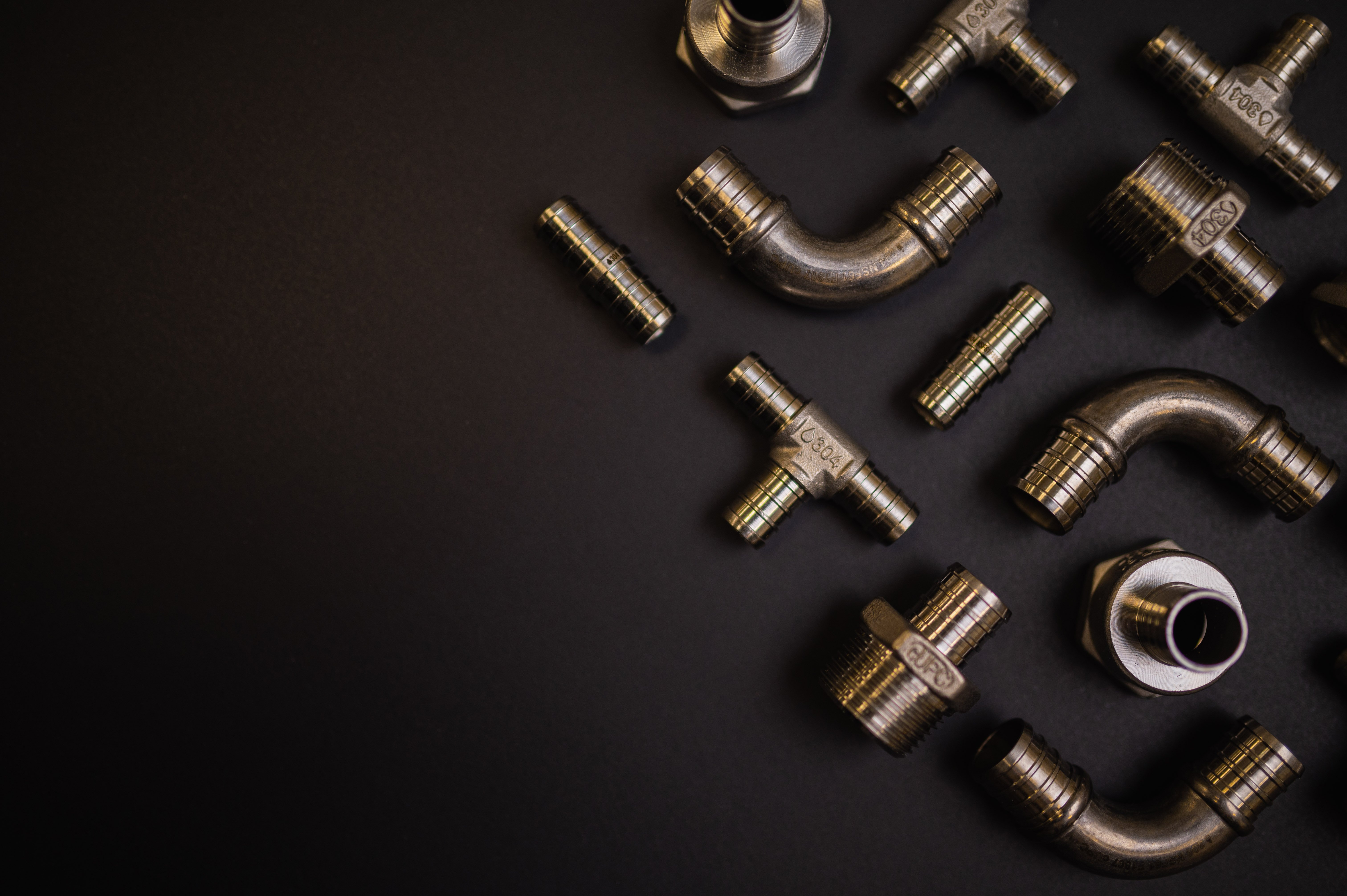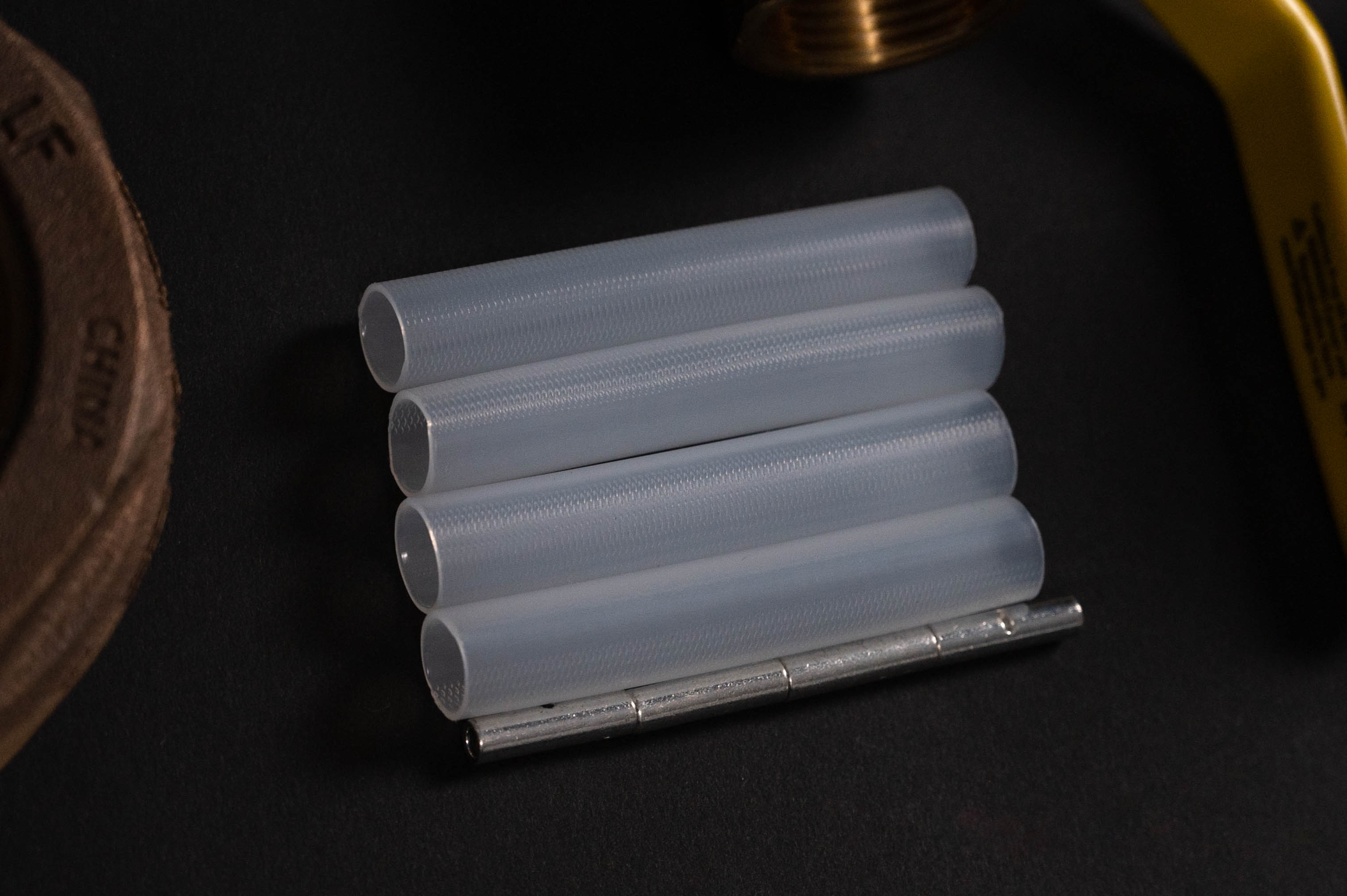Do you have an issue with sulfur in your water and not sure how to remove it? Carbon filter cartridges can remove low concentrations of sulfates and they are designed to reduce odour and improve the taste of the water. It is important to know the application for your filter and then properly selecting the filter that will do the job.
It can be difficult to determine what exactly the problem is, which makes selecting the correct filter a little difficult. In this blog, we have created some steps you can take to determine exactly what the issue is and what you can do to fix it.
Carbon Filters
Carbon filter cartridges are typically installed as point of use (POU) filters to treat drinking and cooking water. Although activated carbon filters can absorb hydrogen sulfide in the water, they have limited capacity for large odour absorption. In order to effectively remove sulfur for a whole home application, you should first have your water tested by a water treatment company. They will determine what exactly is in the water and the concentration. You cannot accurately select the type of filtration that is needed if you don't know exactly what is in your water.
water. Although activated carbon filters can absorb hydrogen sulfide in the water, they have limited capacity for large odour absorption. In order to effectively remove sulfur for a whole home application, you should first have your water tested by a water treatment company. They will determine what exactly is in the water and the concentration. You cannot accurately select the type of filtration that is needed if you don't know exactly what is in your water.
There are various ways to remove sulfur but a water treatment company is the most qualified to recommend what equipment is necessary. Some equipment they might recommend are:
- Use of Chlorination
- Use Greensand filter (manganese zeolite)
- Using water filtration and purification systems
- Use of Aeration system
- Use of metal chelators
Simple Steps to Determine the Source of the Smell
 The first thing you need to check is if the smell is in both cold and hot water faucets. Determine if the smell only occurs when the hot water is running, or vice versa. If the odour is only apparent with the hot water and not the cold water, it could be a problem with the water heater. This could indicate that there is sulfate in the water or iron and sulfur bacteria that can interact with anode rod in the water heater which creates hydrogen sulfide gas, causing a rotten egg smell. A simple fix could be to change the anode rod to an aluminum rod but if that isn't a convenient solution, you could periodically add hydrogen peroxide to the water heater, killing the odour instantly and is safe to use. Be sure to follow the recommended procedures provided to you by a water treatment professional.
The first thing you need to check is if the smell is in both cold and hot water faucets. Determine if the smell only occurs when the hot water is running, or vice versa. If the odour is only apparent with the hot water and not the cold water, it could be a problem with the water heater. This could indicate that there is sulfate in the water or iron and sulfur bacteria that can interact with anode rod in the water heater which creates hydrogen sulfide gas, causing a rotten egg smell. A simple fix could be to change the anode rod to an aluminum rod but if that isn't a convenient solution, you could periodically add hydrogen peroxide to the water heater, killing the odour instantly and is safe to use. Be sure to follow the recommended procedures provided to you by a water treatment professional.
Another thing you can do if the smell is strong while the cold water is running is to run a hose bib or tap as close to the water well as possible. You can then fill a bucket and see if there is an odour.
- Rotten egg smell = hydrogen sulfide gas
- Oil or asphalt smell = could be manganese
- Cucumber or sewage smell = iron or sulfur bacteria
In Conclusion:
Noticing a smell coming from your water is not a great feel. By conducting these simple tests, it will give you all the information you need to have a better conversation with your water treatment company to better determine what the problem is and what the solution is.
Have further questions about this subject?

Head over to Boshart's Knowledge Base: technical product information, guidelines, and more.





SHARE